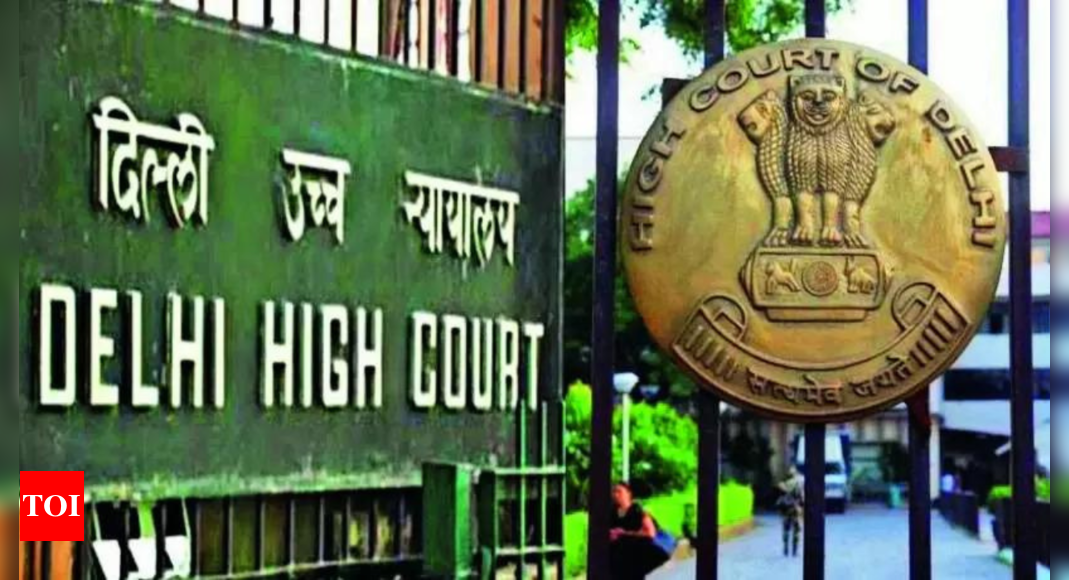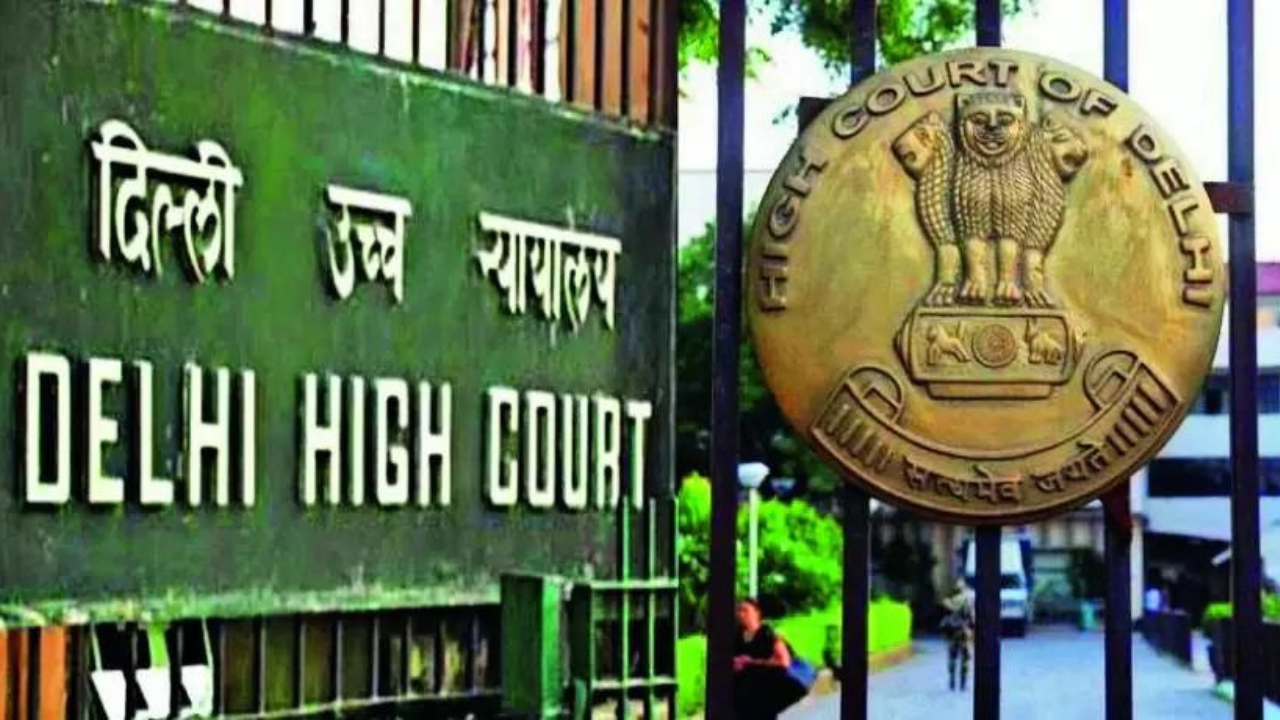[ad_1]
The Delhi high court in the case of Godaddy.com LLC, a large domain name registrar, held that fees received by this US company for providing domain name registration services are not taxable as royalty. Thus, there will be no withholding of tax in India. The US company was merely acting as a registrar. It does not have any proprietorship rights in the domain name. Therefore, it could not grant the rights or transfer the right to use the domain name to another person or entity.
The Income-tax (I-T) officer had in his order held such payments to be in the nature of royalty as they were for the right to use the servers of the US entity. The Delhi bench of the tax tribunal, held that the fees received by Godaddy.com were royalty as they were for the right to use or for the use of a trademark.
The Delhi high court took into cognisance the accreditation agreement between the taxpayer and ICANN which established that the US entity was acting as a registrar and, in that capacity, provided domain registration services to its customers. It did not have any proprietorship rights in the domain name. Since it was not the domain name’s owner, it could not confer the right to use or transfer the right to use the domain name to another person or entity. Accordingly, the high court held that the fees received by the taxpayer for the registration of domain name of its customers cannot be treated as royalty.
According to KPMG-India, the Delhi high court mainly relied on the agreement entered by the taxpayer to hold that the registrars like taxpayers are not owners of the domain. They don’t have any rights to transfer and therefore the question of royalty does not arise. This decision will help the taxpayers who are in a similar business.
The Income-tax (I-T) officer had in his order held such payments to be in the nature of royalty as they were for the right to use the servers of the US entity. The Delhi bench of the tax tribunal, held that the fees received by Godaddy.com were royalty as they were for the right to use or for the use of a trademark.
The Delhi high court took into cognisance the accreditation agreement between the taxpayer and ICANN which established that the US entity was acting as a registrar and, in that capacity, provided domain registration services to its customers. It did not have any proprietorship rights in the domain name. Since it was not the domain name’s owner, it could not confer the right to use or transfer the right to use the domain name to another person or entity. Accordingly, the high court held that the fees received by the taxpayer for the registration of domain name of its customers cannot be treated as royalty.
According to KPMG-India, the Delhi high court mainly relied on the agreement entered by the taxpayer to hold that the registrars like taxpayers are not owners of the domain. They don’t have any rights to transfer and therefore the question of royalty does not arise. This decision will help the taxpayers who are in a similar business.
[ad_2]
Source link


